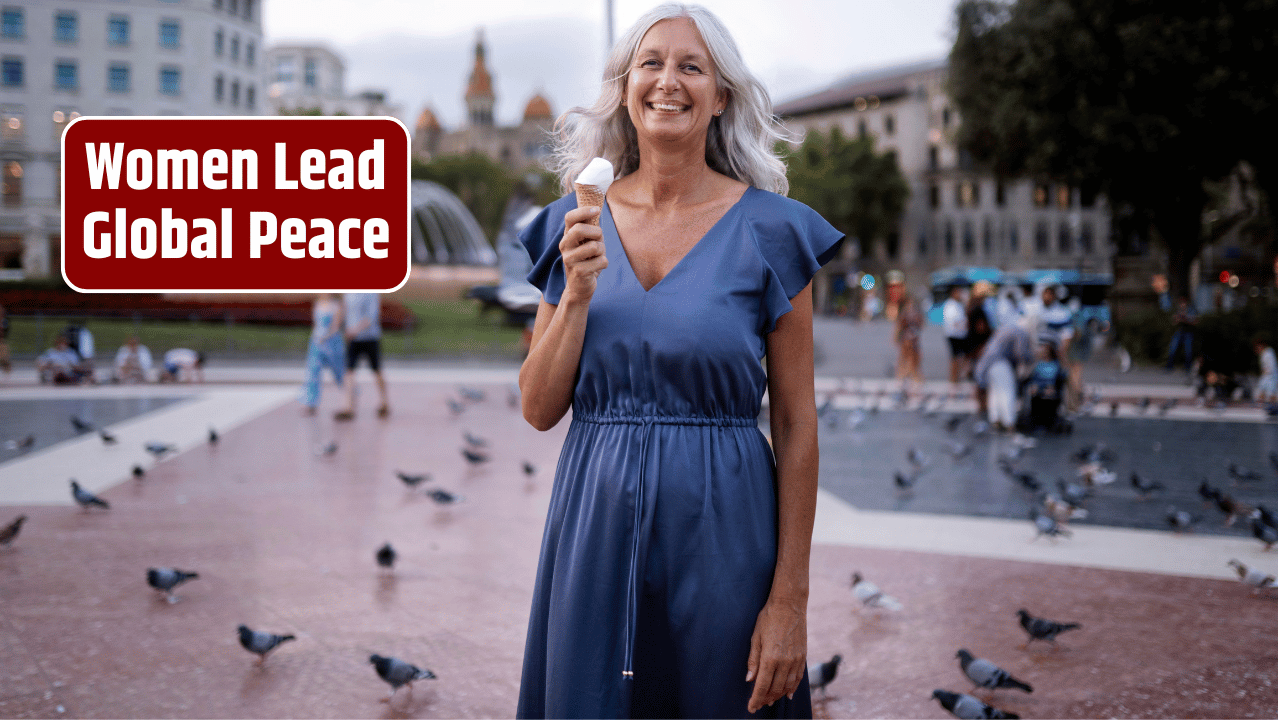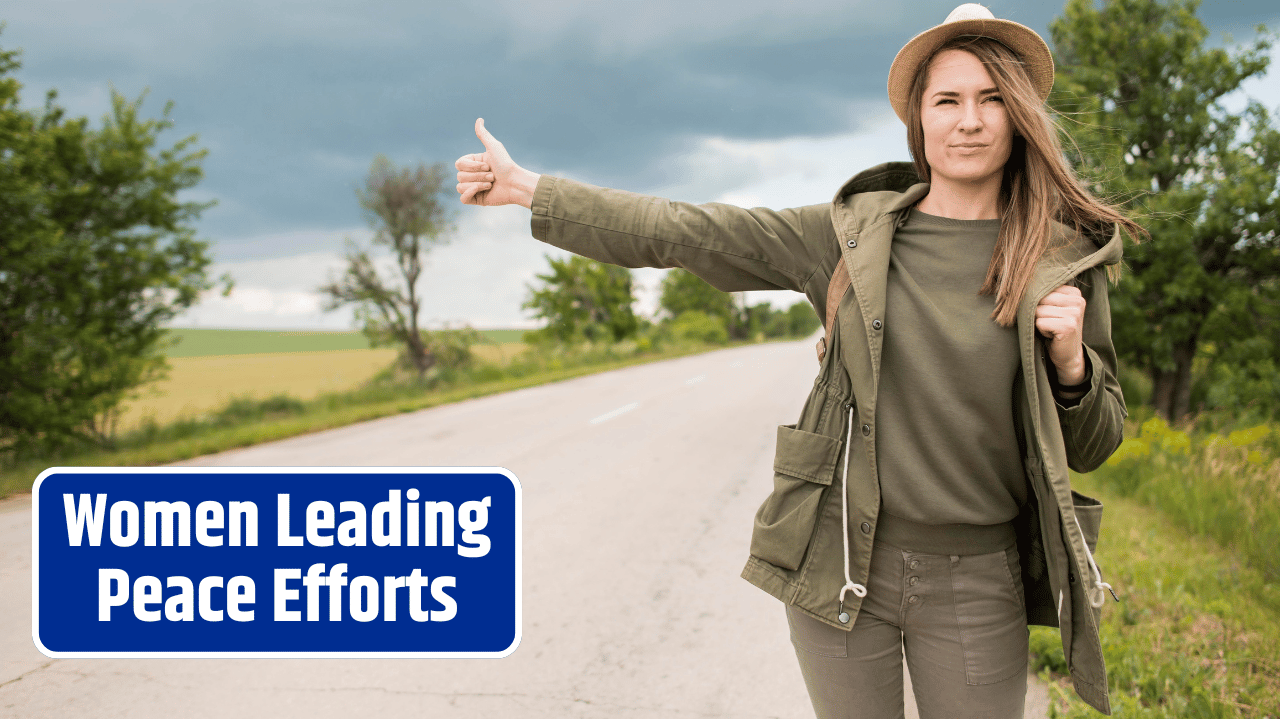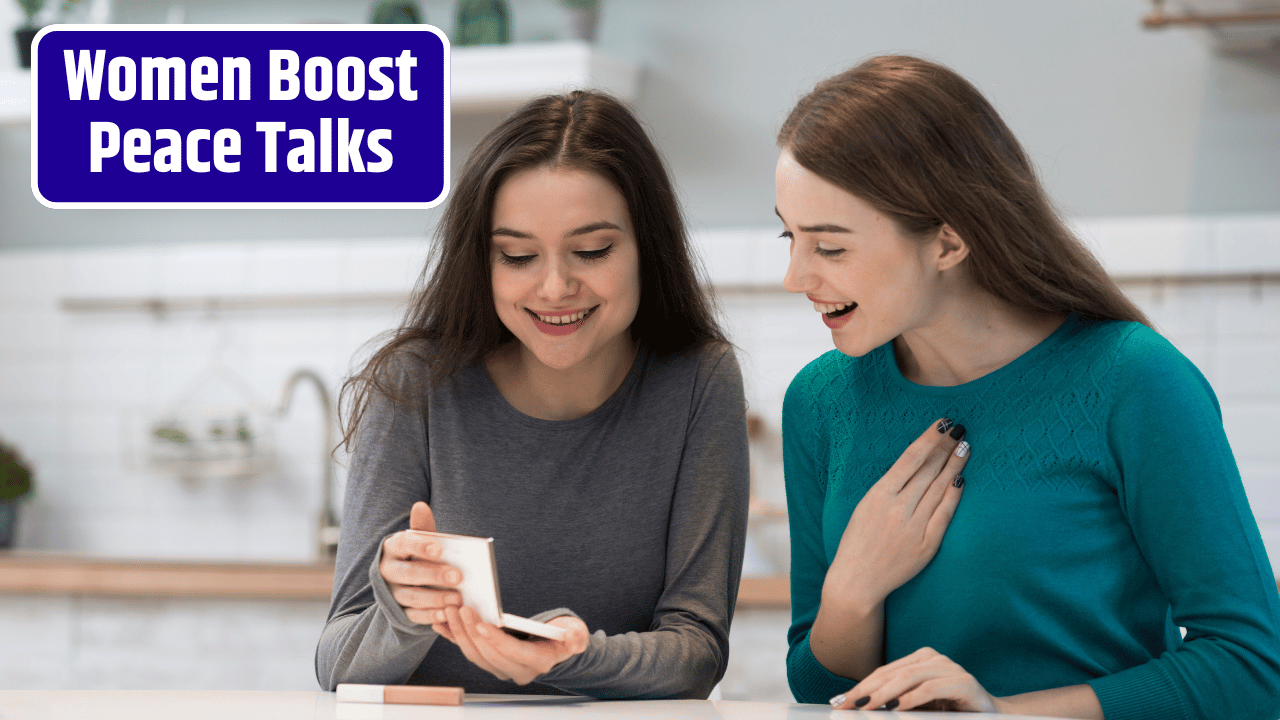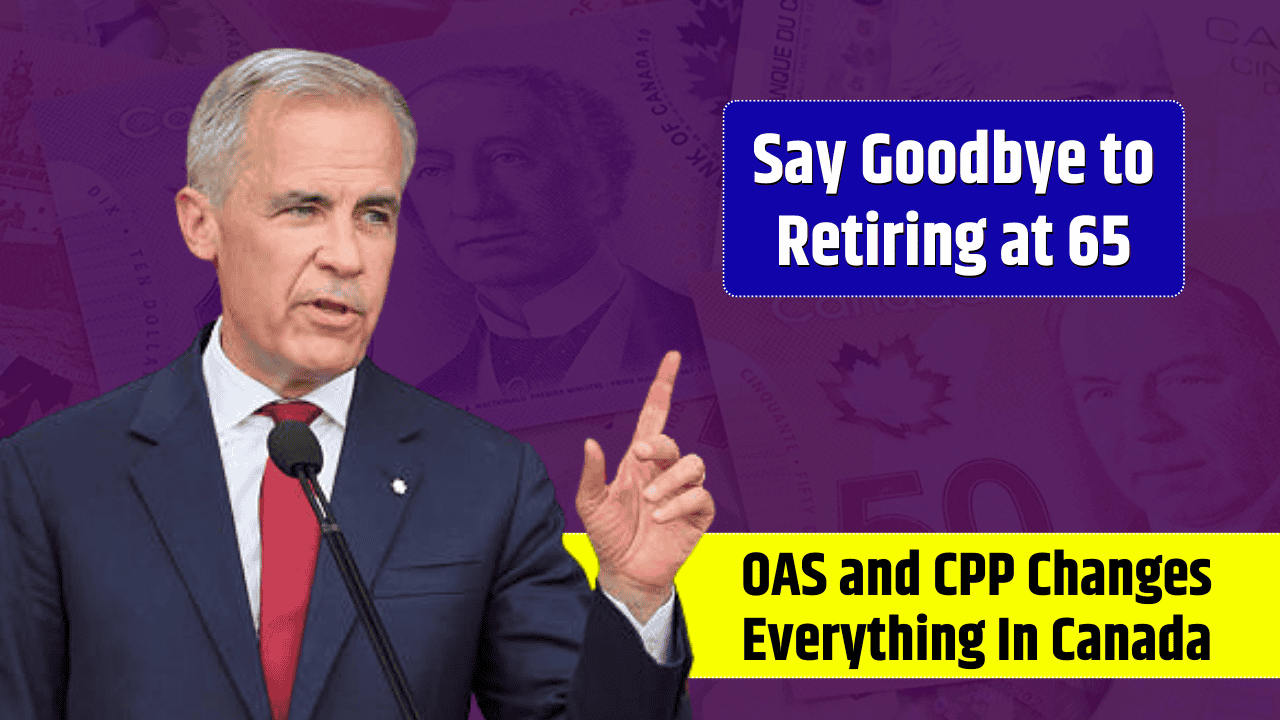Not in the usual political-chessboard way, but in that quieter, grassroots, real-people-doing-real-work kind of way. And at the center of it? Women. Not as a footnote, not as a checkbox, but as the architects of peace.
Alliance for Gender and Peacebuilding Worldwide—AllianceGPW if you’re not into long names—isn’t just expanding. They’re flipping the playbook.
Table of Contents
More Than Lip Service
Let’s be real. “Empowering women” has become such a buzzword that it risks sounding hollow. But AllianceGPW is putting some serious weight behind it.
The organization has rolled out a set of bold new peacebuilding projects across Africa, Southeast Asia, and parts of Latin America. And here’s the kicker: these initiatives aren’t just about involving women—they’re being led by them. Local women. Community-rooted, battle-tested, and often overlooked.
No foreign saviors. No parachute experts. Just real leaders doing the real work.
Where It’s Happening—and Why It Matters
Let’s talk geography. Here’s a peek at where AllianceGPW is planting seeds:
| Region | Key Countries | Focus Areas |
|---|---|---|
| Sub-Saharan Africa | DRC, Nigeria, South Sudan | Post-conflict reconciliation, trauma healing |
| Southeast Asia | Myanmar, Philippines | Ethnic conflict resolution, youth engagement |
| Latin America | Colombia, Guatemala | Indigenous rights, rural peacebuilding |
In each of these spots, the projects aren’t just “inclusive”—they’re woman-centered. From design to execution to local policy influence.
Why does this matter? Because when women lead peace efforts, research shows outcomes are more sustainable. We’re talking lower rates of relapse into violence, stronger community trust, and, yes, more equitable long-term development.
Boots on the Ground, Heels in the Mud
Take Amina in South Sudan. She’s not a diplomat. She’s a mother of six, a former teacher, and now the backbone of her town’s reconciliation committee. Through AllianceGPW’s support, she’s been trained in conflict resolution, negotiation tactics, and trauma-informed dialogue. Now? She’s brokering conversations between rival clans.
Or Maria in Colombia. A former guerilla fighter turned peace negotiator. She’s helping ex-combatants reintegrate into society without slipping back into old patterns. And she’s doing it with compassion that no textbook can teach.
The Strategy: Train, Trust, Transfer Power
AllianceGPW’s new model is refreshingly simple:
- Train local women leaders with real tools: mediation, legal literacy, trauma recovery, political advocacy.
- Trust them to lead in their own contexts—no micromanaging, no top-down mandates.
- Transfer power through funding, visibility, and connection to global networks.
This isn’t charity. It’s strategic investment.
A Quiet Revolution
We’re not seeing headlines screaming about this. No ticker-tape parades or photo-ops with presidents. But slowly, under the radar, these women are making moves that might just shift the trajectory of entire regions.
And yeah, maybe it’s quieter than drone strikes or political summits. But sometimes the most powerful revolutions are the ones happening around kitchen tables, in dusty schoolhouses, in the middle of nowhere—with nothing but courage and a whiteboard.
So, What’s Next?
AllianceGPW plans to double its program reach by 2026. That means expanding into conflict-prone zones where women’s voices are still largely muted—think parts of the Sahel, conflict-torn areas in Eastern Europe, and pockets of displacement camps in the Middle East.
And they’re not doing it alone. The org is partnering with local NGOs, UN peacekeeping initiatives, and even some private sector players (think socially-driven fintechs and global health groups).
Bottom Line?
AllianceGPW’s expansion isn’t just about geography. It’s about who gets to lead the conversation when peace is on the table.
And the message is clear: When women lead peacebuilding, the conversation changes. The outcomes change. And the future starts to look a little more human.
FAQs
What is AllianceGPW?
A global nonprofit focused on peacebuilding through gender-inclusive strategies, particularly by uplifting local women leaders in conflict-affected regions.
How are women selected to lead these projects?
Through community nominations, prior leadership experience, and alignment with local cultural norms. AllianceGPW ensures the process is both merit-based and culturally respectful.
Is this model sustainable?
That’s the goal. By investing in local leadership and long-term capacity building, the projects are designed to outlive the NGO’s involvement.
Can people outside the regions help?
Yes—through donations, policy advocacy, or partnership. The org also offers volunteer research and mentoring opportunities remotely.














